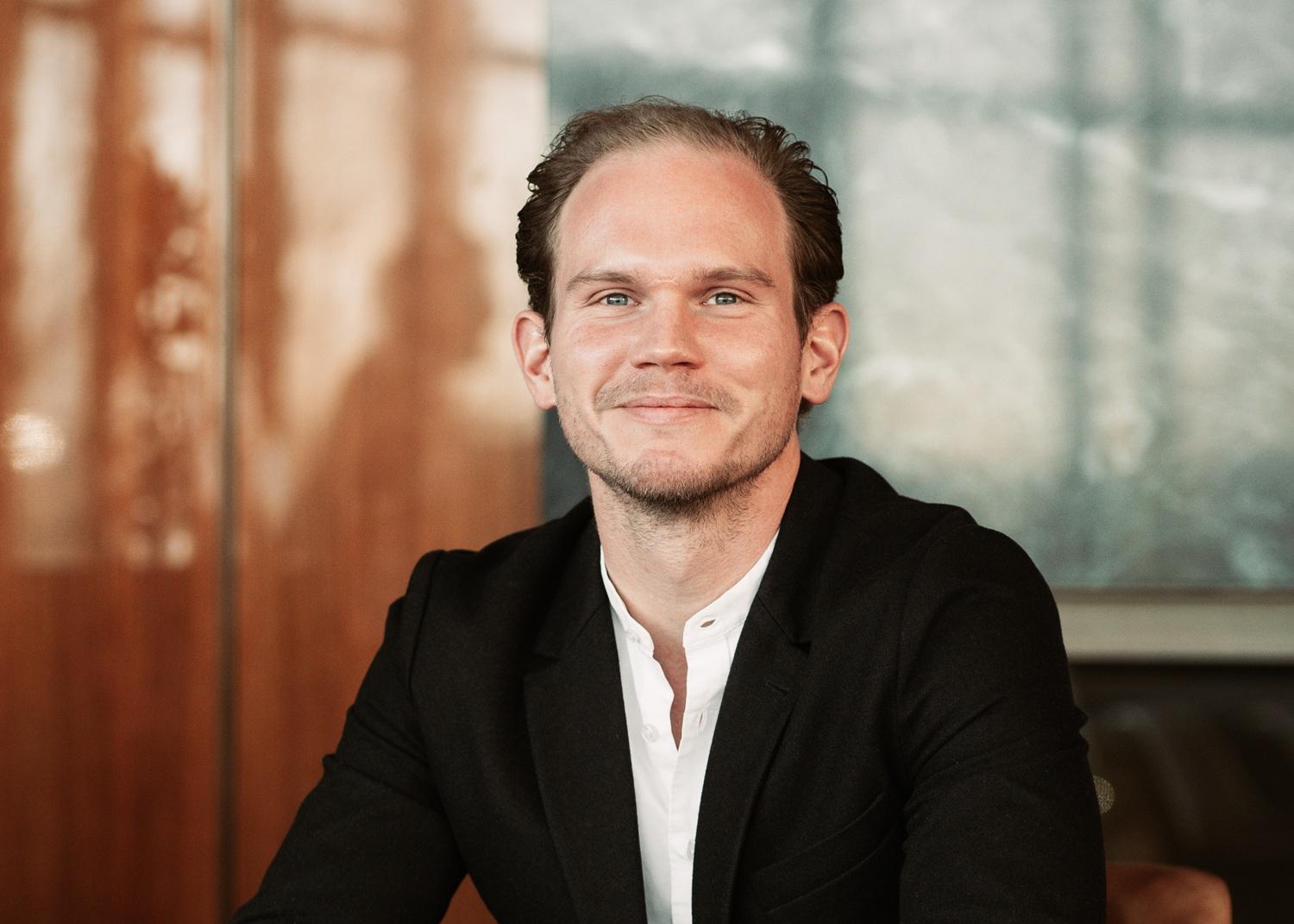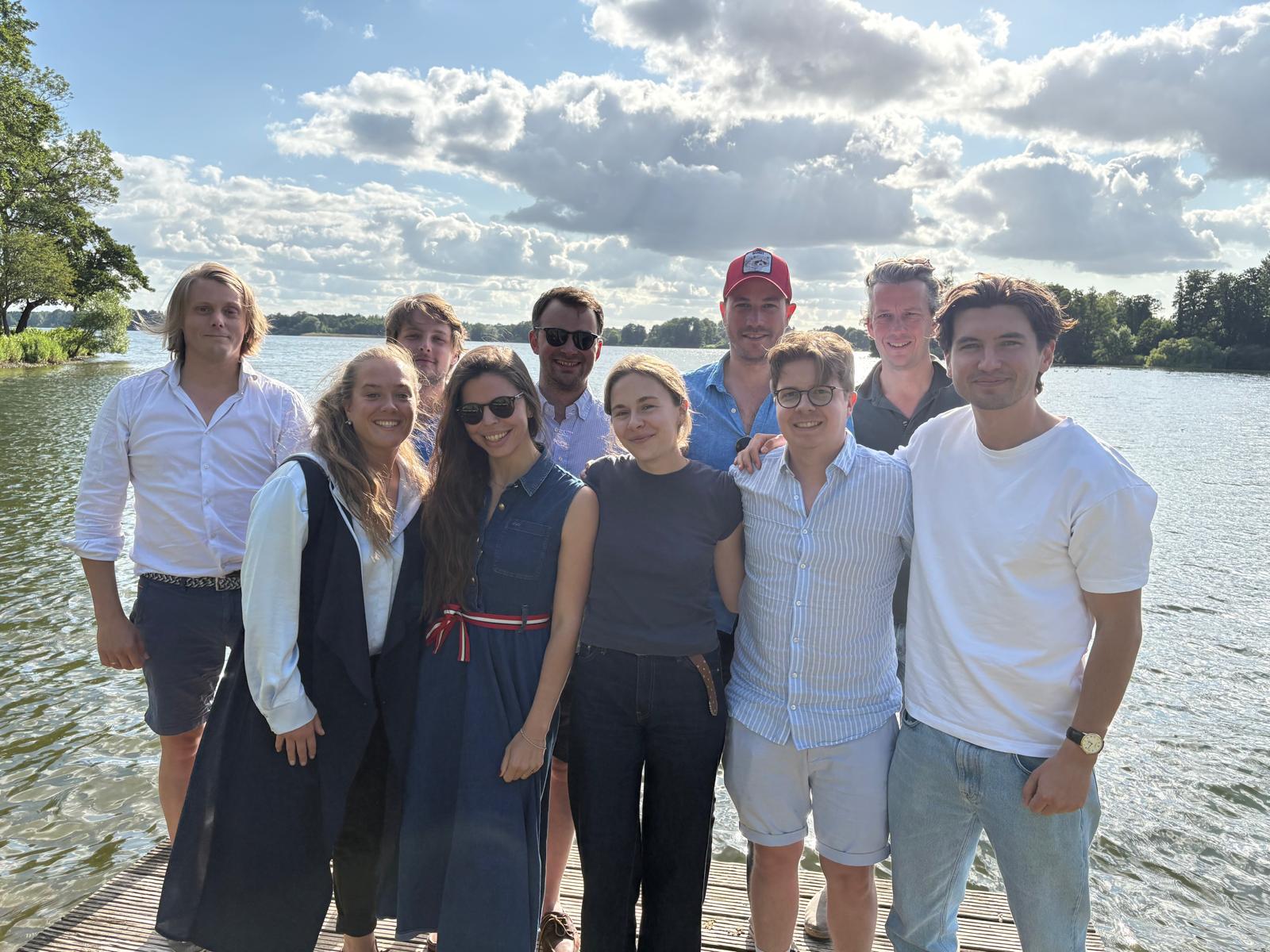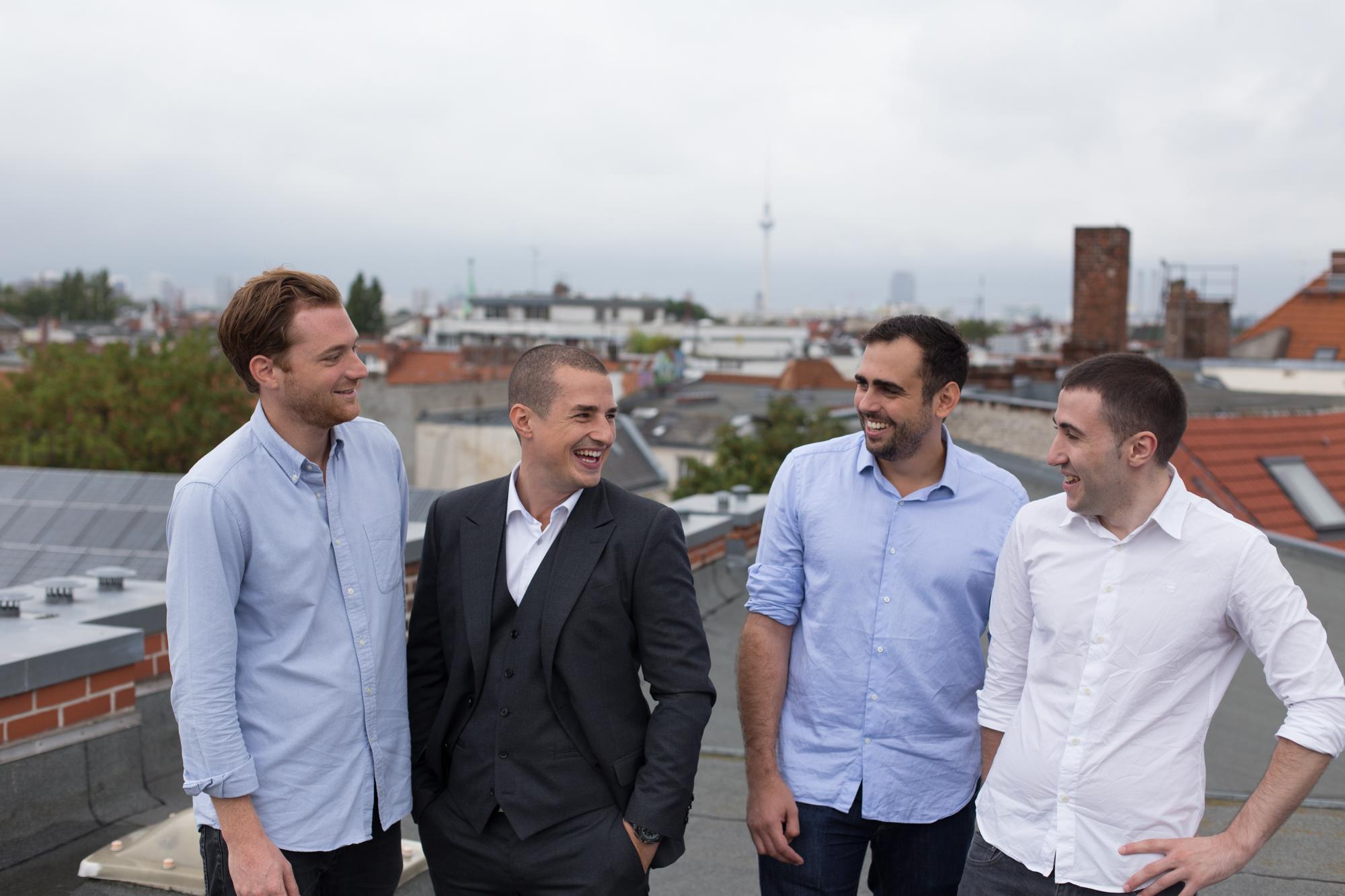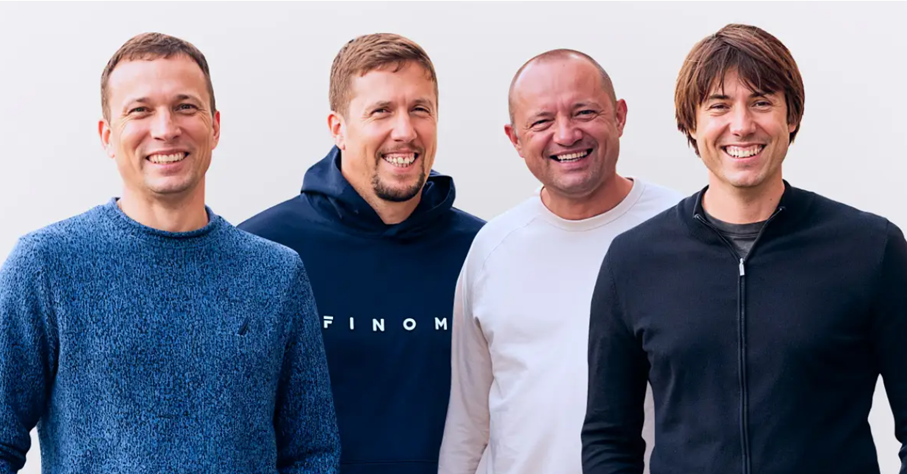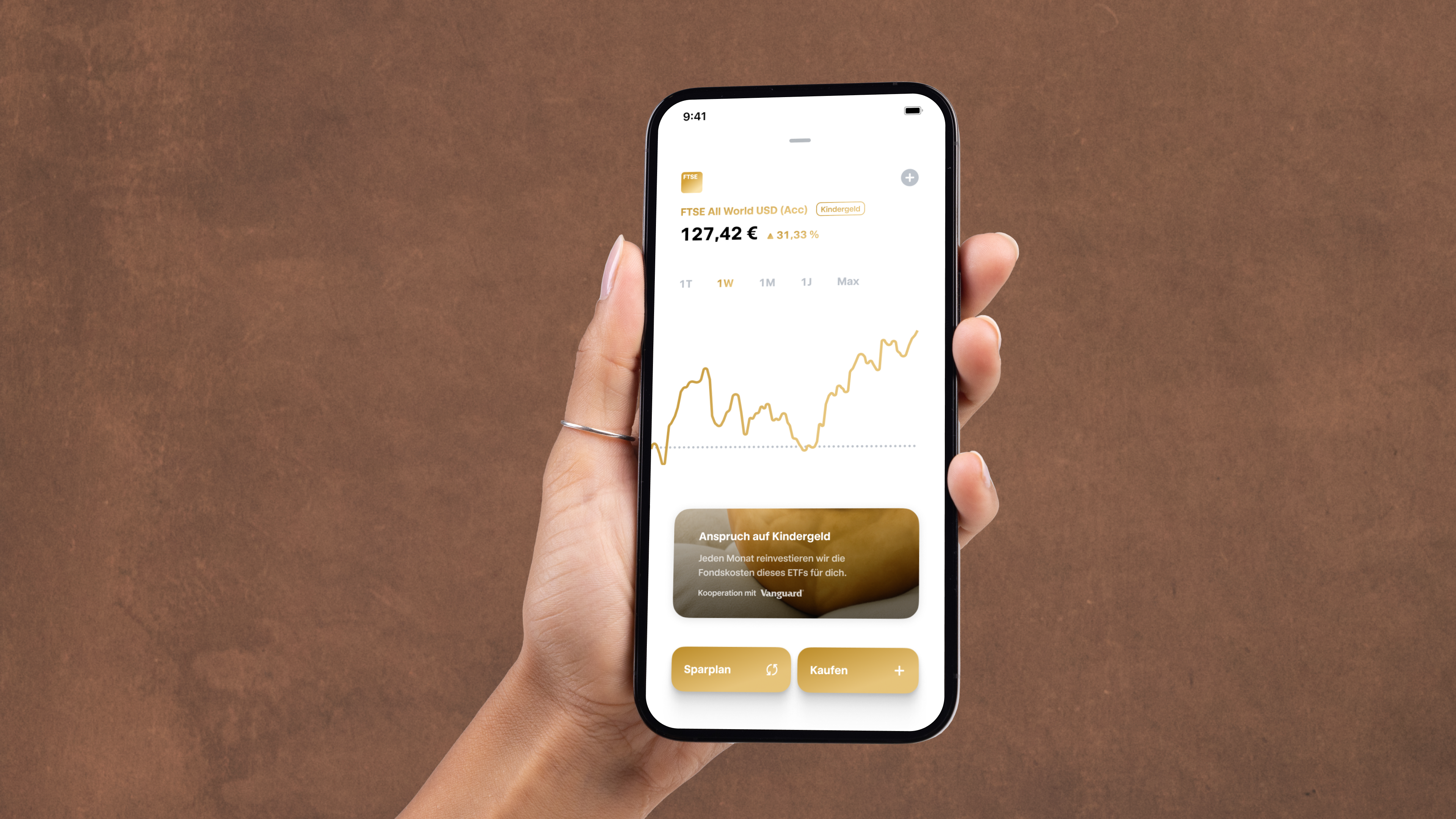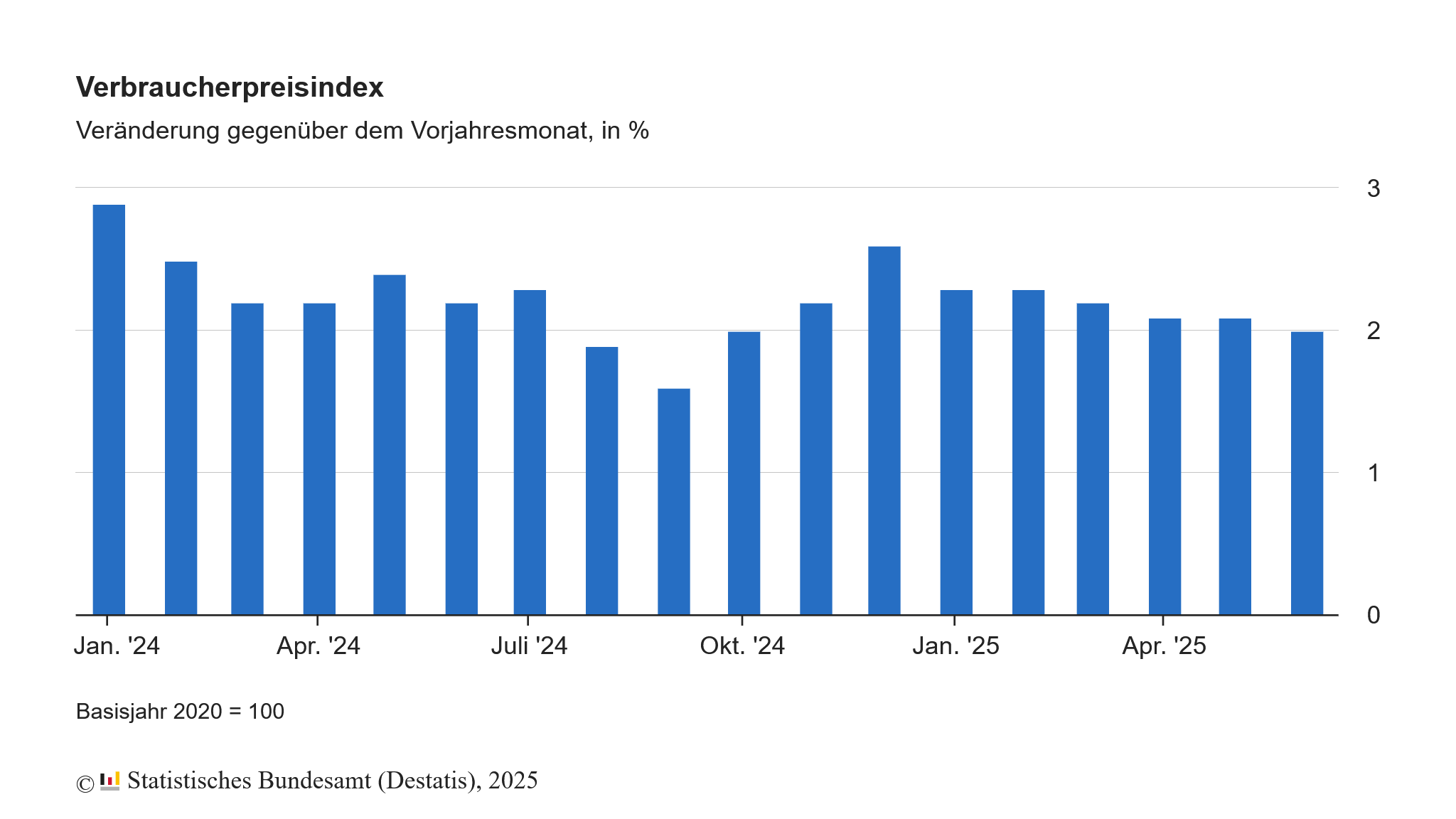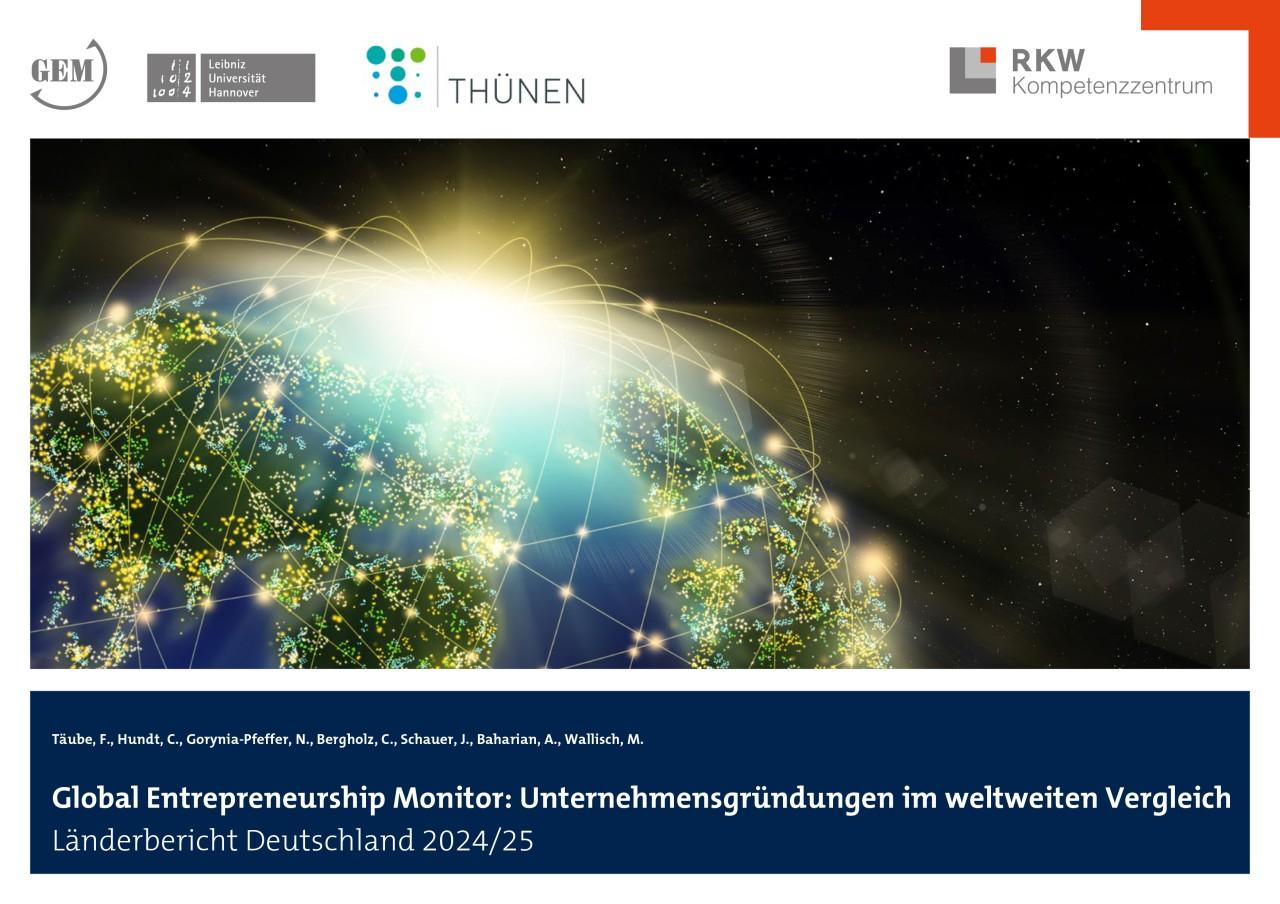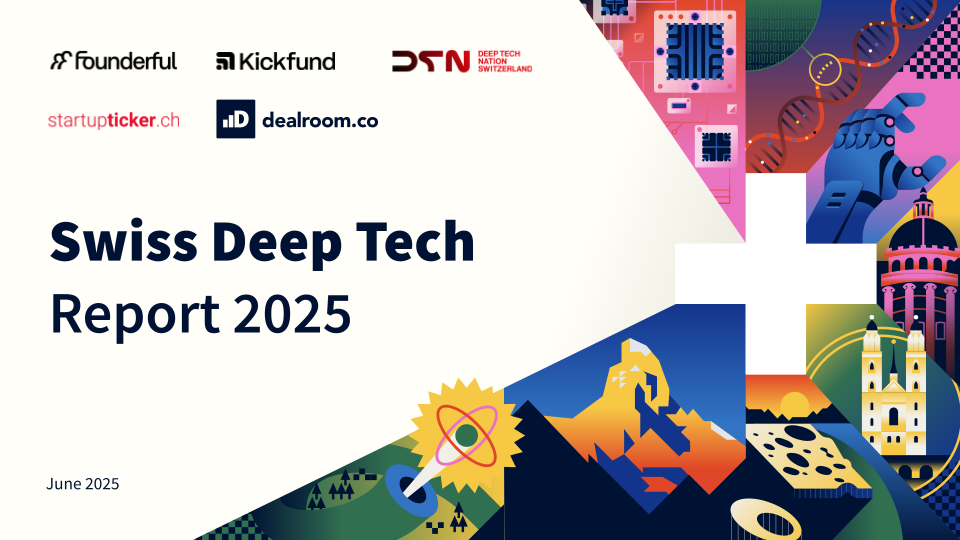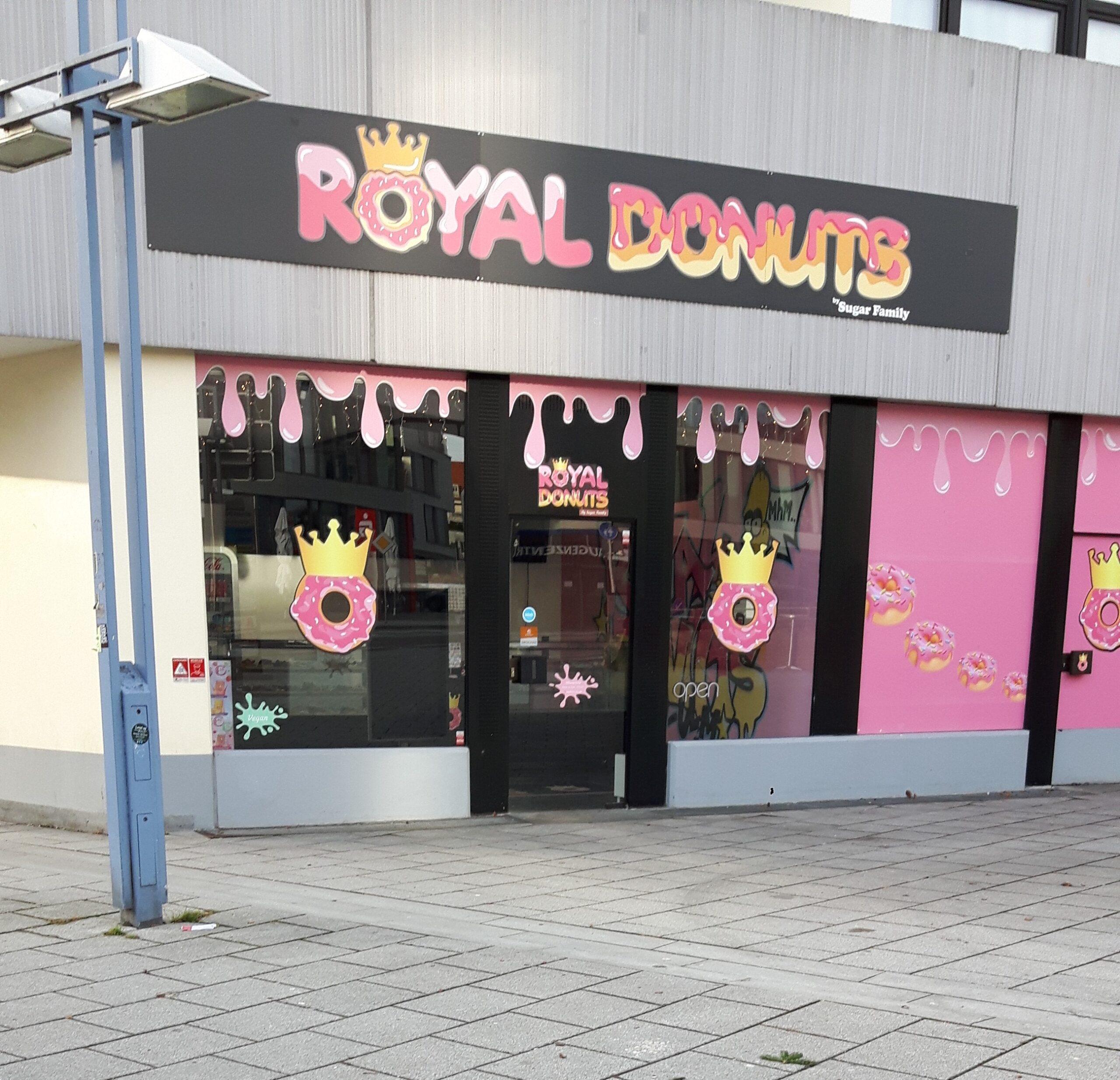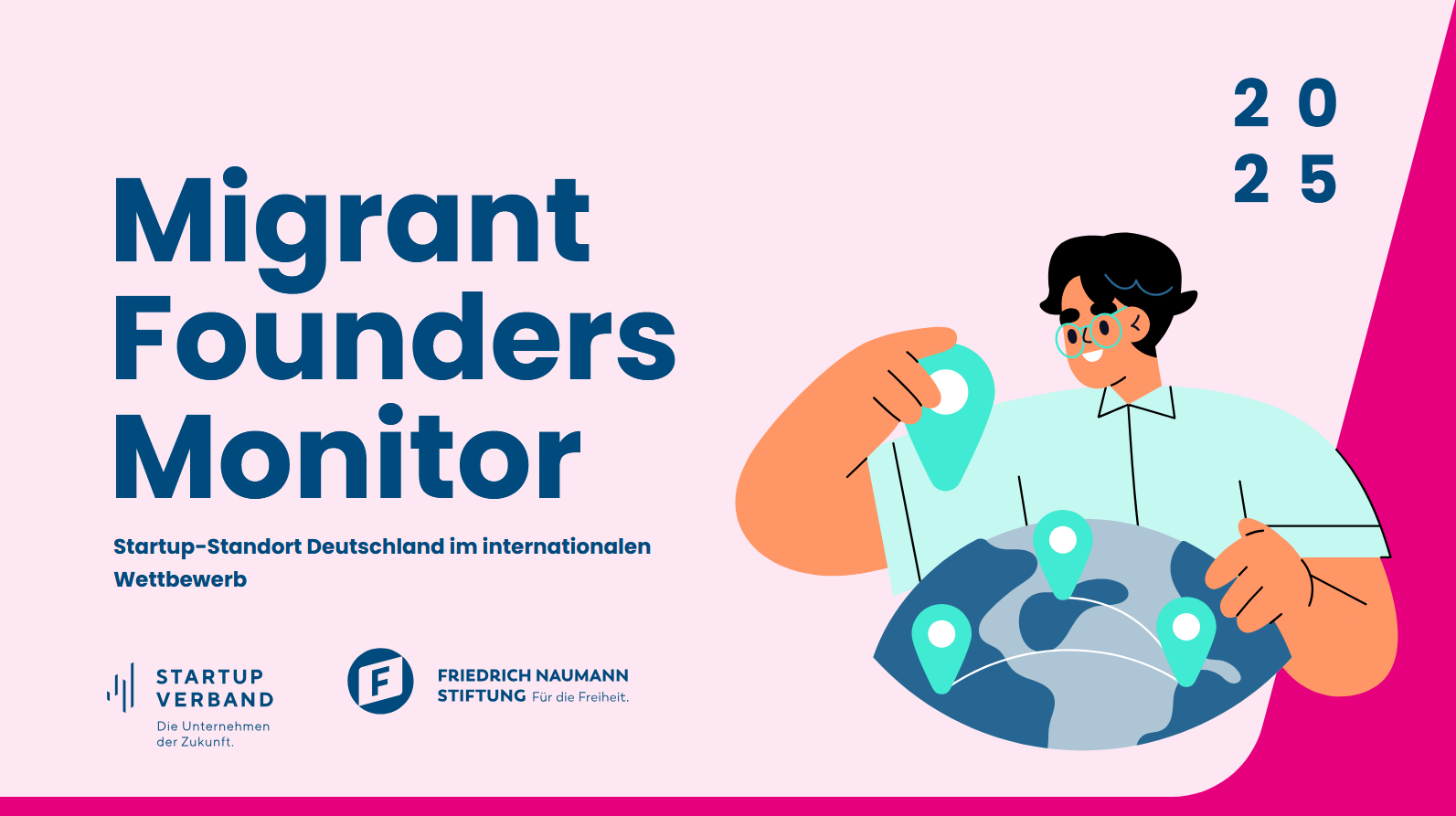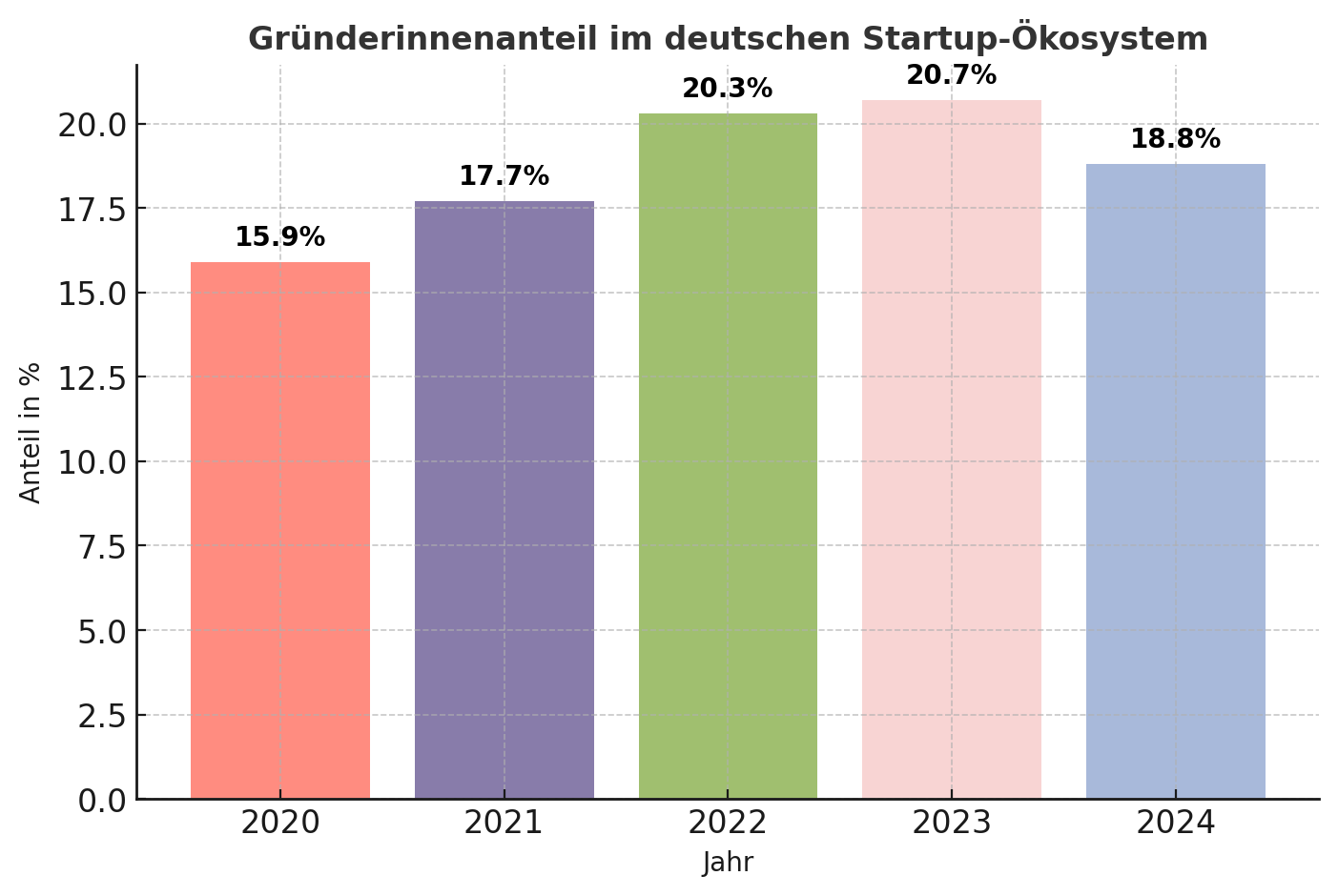These are the five largest fintechs in Germany
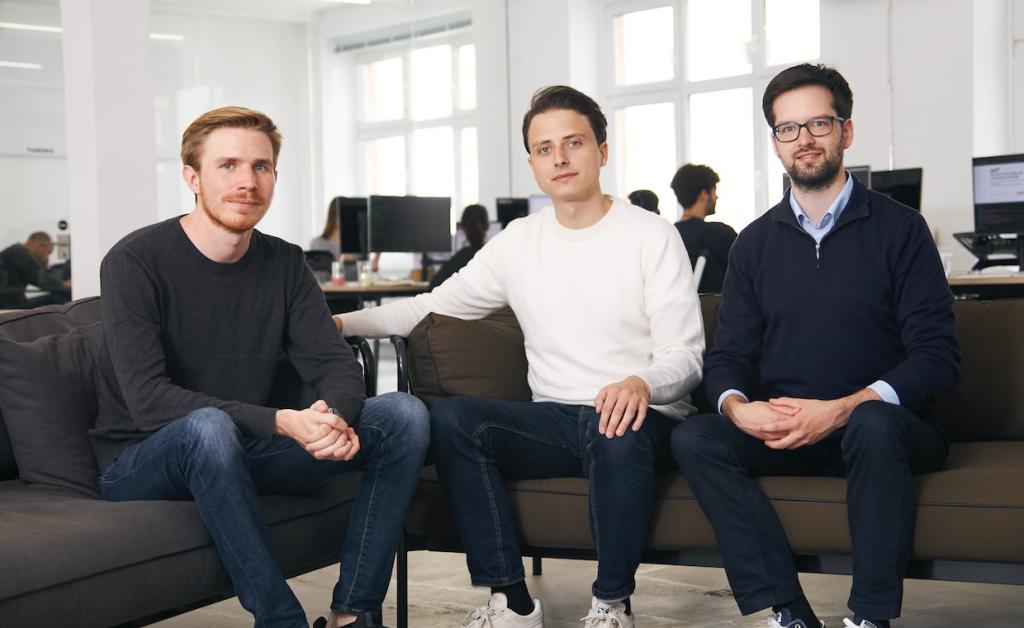
There are now more than 900 financial start-ups, known as fintechs, in Germany that develop and market technology-driven financial innovations. Startbase took a look at the five biggest of them.
In 2021, German fintechs were able to raise more money than ever before for their inventiveness in the financial sector: they raised 2.2 billion US dollars from investors in the second quarter of the year. Although the figure is low by international standards, it already exceeds the rate of the past three years. This means that around a quarter of all German start-up financing is invested in fintechs, and financial technology is growing. We present the five largest:
Trade Republic: 4.4 BILLION EURO
The largest German fintech is currently Trade Republic, a digital credit institution from Berlin. Customers can use their smartphones to trade listed securities and cryptocurrencies via the company's mobile app. There is a large selection for the approximately one million customers: they can choose between more than 7,000 shares, 500 ETFs and 40,000 derivatives.
Unlike other brokers, Trade Republic does not charge any commission. However, it is not completely free of charge. Investors pay a so-called third-party fee of one euro per trade. So if you buy one DAX share, you pay the same amount as someone who buys ten shares collectively. The payments are processed via Lang & Schwarz Aktiengesellschaft (LSX), among others.
Investors are keen to invest in the company, which was founded in Berlin in 2015 by the three entrepreneurs Christian Hecker, Thomas Pischke and Marco Cancellieri. All three are still with the company today. In July 2019, the company raised its first ten million euros from investors for its idea of commission-free online trading in shares, ETFs and derivatives. This was followed in April 2020 by a further financing round of 62 million euros. Investors included Peter Thiel's Founders Fund and Creandum.
In the last financing round, the trio then raised 900 million US dollars. With a valuation of around 4.4 billion euros, Trade Republic is not only currently the most valuable fintech in Germany, but also the number one start-up in the country.
In the middle of the year, the fintech employed around 400 people. In the meantime, however, it has also come in for some criticism. At the beginning of 2021, Trade Republic angered many customers when it restricted the purchase of shares in video game retailer GameStop. At times, investors could no longer buy the shares, but only sell them.
N26: 3.5 BILLION EUROS

N26 is a direct bank that specializes in account management and payment transactions via smartphone. It unassumingly calls itself "The best bank in the world". However, it recently became known that more than 1600 accounts may have been hacked for criminal purposes.
The aim of the company, which was founded in 2013, is to make payment transactions simple, convenient and particularly fast. It's called real-time banking. And it is also recognized by Bafin and the ECB: In July 2016, the startup received a full banking license.
Since then, N26 has been growing rapidly. The company has been one of Germany's unicorns since 2019 - investors valued the direct bank at more than one billion euros. The company is currently valued at 3.5 billion euros. And that despite red figures: In the most recent financial year, the direct bank still made a loss of 110 million euros with around seven million customers.
The number in the company name is due to the fintech's first address: "Unter den Linden 26". Like most German fintechs, N26 is also based in Berlin. Its founders are the Austrians Valentin Stalf and Maximilian Tayenthal. They raised more than 740 million euros from investors such as the Chinese financial giant Tencent, Allianz X and members of the Zalando board.
The duo still has big plans for the future. The company is currently preparing another financing round and is aiming for a valuation of eight to eleven billion US dollars. This would make it worth more than Commerzbank at 8.3 billion US dollars. But that's not all. Neobank is also planning to go public in the next two years.
Wefox: 2.5 BILLION EURO
Wefox is a digital insurance platform that was initially launched on the German and Swiss markets in 2015. The company now operates in three other countries. Wefox sees itself as a digital marketplace where policyholders, brokers and insurance providers can easily come together.
On the one hand, brokers can offer their product range on the platform. From private pension provision to life insurance, there is a wide range to choose from. Wefox earns money by receiving a predetermined commission for every insurance policy taken out.
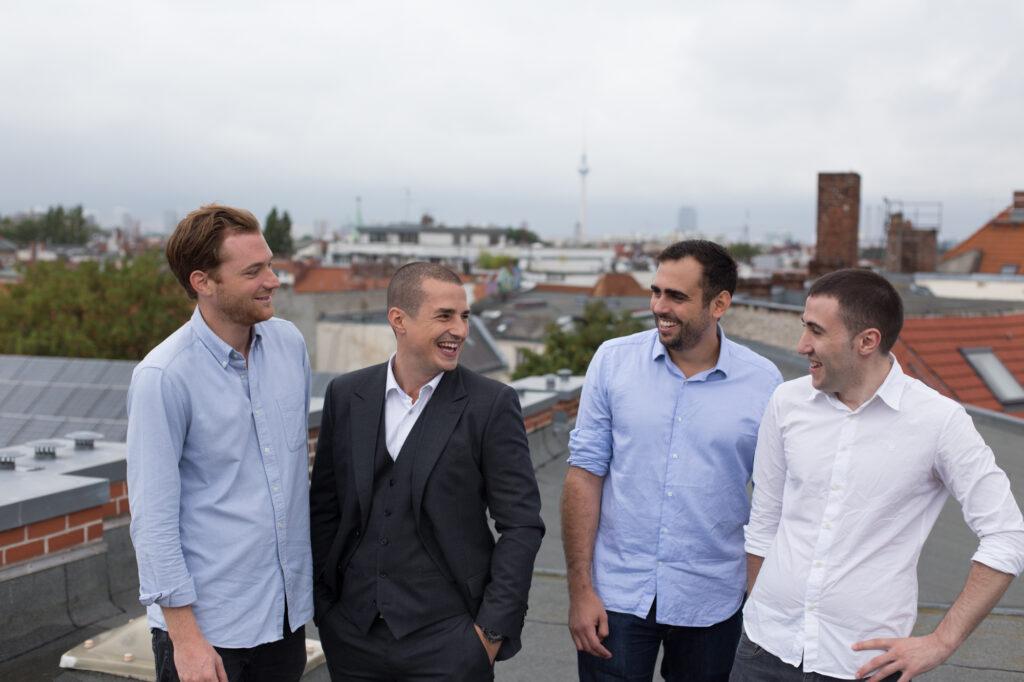
On the other hand, private customers can use the platform to report claims and accidents or take out new insurance policies with just a few clicks. This is called "insurtech". It is free to use and offers customers the opportunity to optimize their existing insurance policies. Over 600,000 policyholders use the app.
The business model attracts many investors. The first main investor was the Abu Dhabi sovereign wealth fund, which is worth billions. Founders Julian Teicke and Dario Fazlic were also able to convince major banks such as Goldman Sachs. In June 2021, in the company's last financing round, Wefox raised around 533 million euros from investors including Partners Group, Jupiter and Decisive Wealth. The company's valuation rose to around 2.5 billion euros. The special feature: Wefox is one of the few fintechs to have been profitable for some time. Last year, turnover amounted to around 117 million euros.
The company is not only investing the money in its own expansion. This year, Wefox is getting into sports sponsorship: it recently secured the naming rights to the stadium of Swiss club FC Schaffhausen.
Raisin DS: 2.5 BILLION EURO
Raisin DS was formed in June 2021 from a merger of the interest rate portals Deposit Solutions (Zinspilot) and Raisin. The merged fintech currently has a company valuation of 2.5 billion euros. It only achieved unicorn status in July of this year.
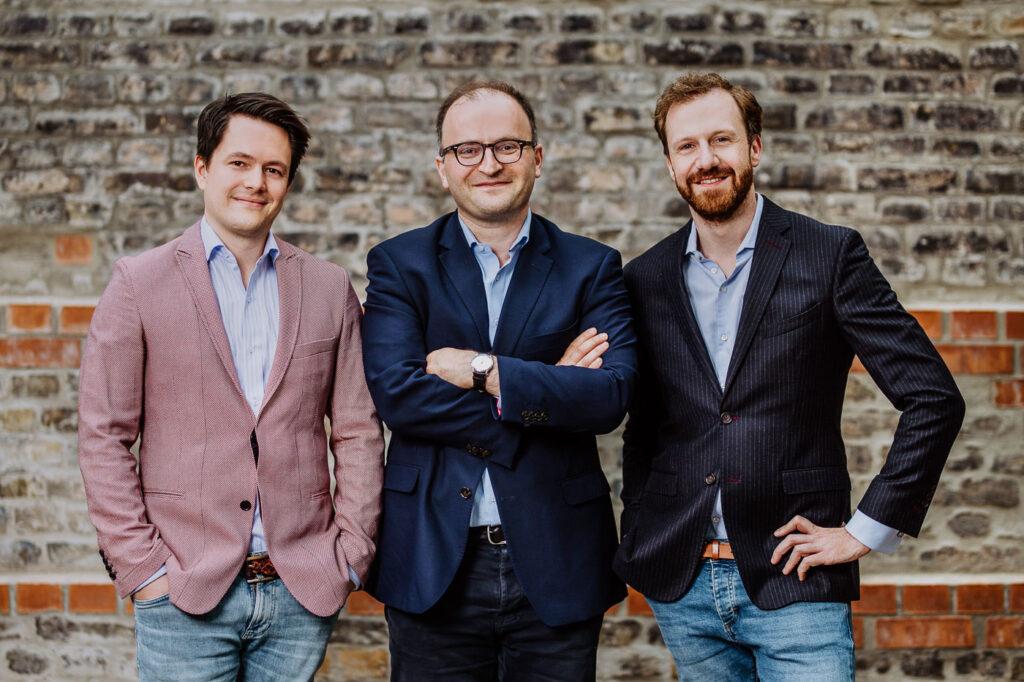
Three former McKinsey consultants founded Raisin nine years ago. They made the company known under the name WeltSparen. Together with N26, Raisin is one of the few German fintechs with its own full banking license.
The merger with Deposit Solutions is considered the largest merger in the German fintech sector to date. Deposit Solutions is one of the few fintechs from Hamburg and has become known under the Zinspilot brand. Together, Raisin DS forms a kind of digital marketplace for overnight money and fixed-term deposits in other European countries. Savers and corporate customers can invest their savings in accounts at Raisin's partner banks free of charge and without fees. They can choose from various savings products from all over Europe. ETF investments are now also offered under the WeltInvest brand.
Experts expect the company's valuation to skyrocket as soon as Raisin DS launches a new financing round. Both companies have a large customer base and good market forecasts.
Mambu: 1.7 BILLION EURO
It was only in January 2021 that the Berlin start-up Mambu, a provider of cloud-enabled banking software, mutated into a unicorn. According to its own statements, the company provides banks with the technology they need to "develop modern, first-class banking products".
At the beginning of 2021, Mambu raised 110 million euros from investors for the company idea. The company's valuation skyrocketed to 1.7 billion euros, compared to around 180 million euros two years previously, which was just around a tenth of that amount.
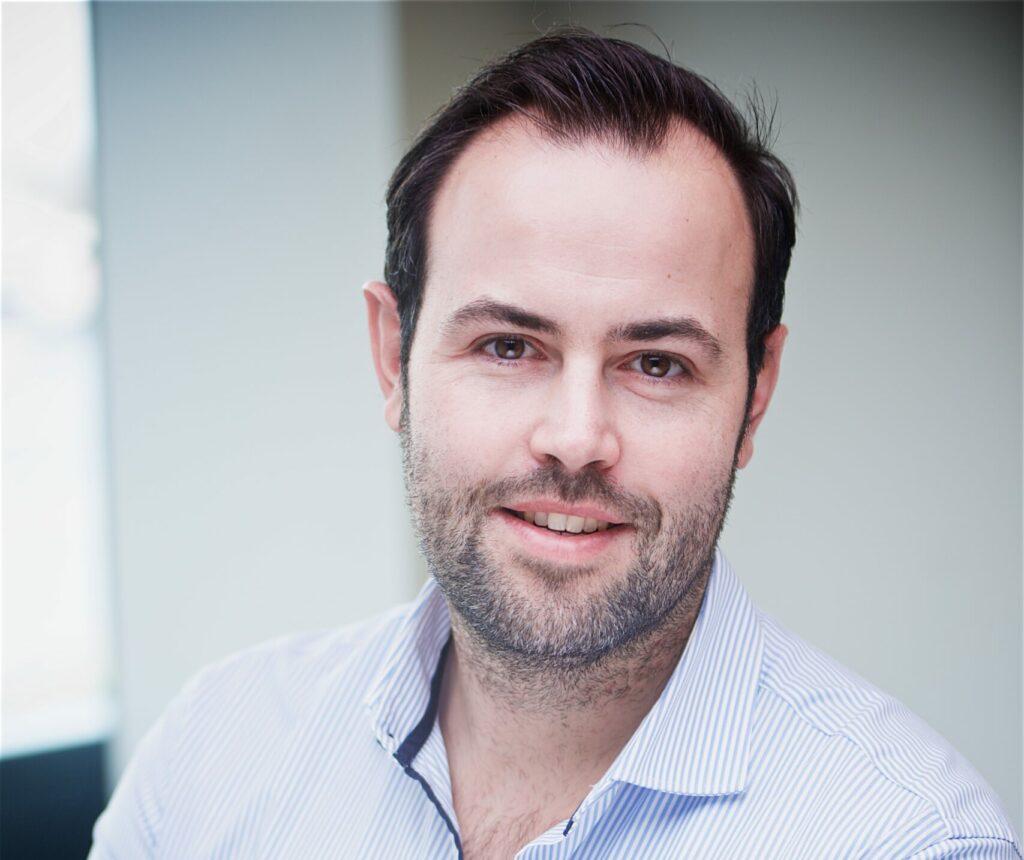
In the first year, founders Frederik Pfisterer and Eugene Danilkis initially focused on microfinance institutions in Latin America and Africa. The aim was to free financial institutions from outdated and overly complex operating systems in order to better integrate people into the formal banking sector. The aim was to give three billion people access to low-cost digital financial products.
The aim was to enable individuals and emerging businesses to take advantage of economic opportunities through access to financial services. The company is now active in 50 countries and has more than 160 customers. These include N26 and other well-known banks such as OakNorth, ABN AMRO and Santander. Markets in Brazil, Japan and the USA are the main focus.
The fintech currently employs more than 500 people. It aims to double this number within the next year. In 2019, there were still fewer than 40.

Newsletter
Startups, stories and stats from the German startup ecosystem straight to your inbox. Subscribe with 2 clicks. Noice.
LinkedIn ConnectFYI: English edition available
Hello my friend, have you been stranded on the German edition of Startbase? At least your browser tells us, that you do not speak German - so maybe you would like to switch to the English edition instead?
FYI: Deutsche Edition verfügbar
Hallo mein Freund, du befindest dich auf der Englischen Edition der Startbase und laut deinem Browser sprichst du eigentlich auch Deutsch. Magst du die Sprache wechseln?










